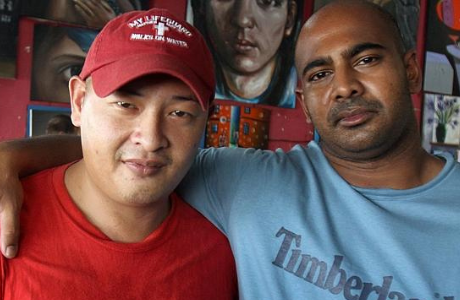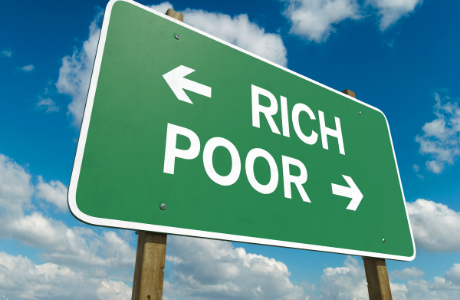I must confess to a certain amount of trepidation in writing this blog as it’s on one of “those” topics – you know, the ones that tend to generate a high level of emotional response no matter what “side” you come down on. I’m referring to abortion. The last time I wrote on this subject was October last year in which I asked the question, “Are Pro-Lifers Really Pro-Life?”. You would have thought I’d committed the unpardonable sin in writing this blog because I asked what I believe to be four very fair questions in making sure that those who say they are pro-life genuinely are:
- Are they pro-life or pro-birth?
- Are they pro the life of women too?
- Are they pro-life in other areas of life?
- Are they concerned about the damage they do to the Christian faith?
But in this blog on abortion I want to highlight a piece of legislation that was introduced into the Victorian State Parliament by The Democratic Labour Party’s Dr. Rachel Carling-Jenkins in October 2015.
The Infant Viability Bill is the first formal attempt at pro-life legislation in Victoria in decades, and the first legislative attempt to remedy the abortion law reforms of 2008. Under this Bill:
- Abortions would no longer be allowed from the 24th week of pregnancy.
- Infant viability will be promoted and supported (all infants born alive from the 24th week of pregnancy onwards, including as the result of a medical emergency, must be cared for with the intent to save the infant’s life if at all possible)
- Mothers who are at least 24 weeks pregnant, who present in distress to their doctor must be offered practical support, for example a referral to a pregnancy support service offering holistic care (such as counselling, social and other support as needed)
- Mothers will not be criminalised or face any penalties.
The Infant Viability Bill 2015 is set for debate and vote in the Victorian Legislative Council today (May 25, 2016) and so by the time you read this you will most likely know the outcome. I believe this is a very fair and measured bill that seeks to find some common ground between pro-life and pro-choice advocates, especially as Victoria has by far the most liberal abortion laws in Australia. At the time of writing numbers appear to be close in the Upper House.
Right now there is a huge disparity in abortion laws in various Australian states. For example, in Queensland and New South Wales abortion is a crime for women and doctors. It’s only legal when a doctor believes a woman’s physical and/or mental health is in serious danger. In NSW social, economic and medical factors may also be taken into account. In the ACT abortion is legal and must be provided by a medical doctor. The other States fall somewhere between these two extremes. I believe Australia needs to have some consistency in abortion law that protects women and also the unborn child. The safety and accountability of two doctors agreeing that a woman’s physical and/or mental health is endangered by pregnancy, or for serious foetal abnormality, or in the case of an emergency. There should be some special restrictions particularly for under 16 year olds (as is the case in WA) and should be very restricted after 24 weeks.
But with the Infant Viability Bill 2015 in mind it’s vital to get some insight into why a woman would seek a late-term abortion. Doctors Diana Greene Foster and Katrina Kimport of the University of California released the results of some very interesting research on this in 2013.
They found that women aged 20–24 were more likely to have a later abortion than older women. They also found that later abortion recipients experienced logistical delays such as difficulty finding a provider and raising funds for the procedure and travel costs, which compounded other delays in receiving care. Most women seeking later abortion fit at least one of five profiles: They were raising children alone; they were depressed or using illicit substances; they were in conflict with a male partner or experiencing domestic violence; they had trouble deciding and then had access problems; or they were young and had never carried a pregnancy beyond 20 weeks.
It’s important to understand that a total ban on late-term abortions will disproportionately affect young women as well as women who find themselves in extremely difficult circumstances. That’s why point three in the legislation is so important – that doctors must offer practical support such as referral to a pregnancy support service offering holistic care. There are excellent organisations that do wonderful work of supporting women who find themselves, for whatever reason, with an unwanted pregnancy. Pregnancy Counselling Australia is a good place to start as their experienced counsellors connect callers with resources and appropriate services where further assistance is required. Emily’s Voice also offers helpful information and a referral list of organisations in all Australian states. If you live in another country try a Google search to find the help you need.






